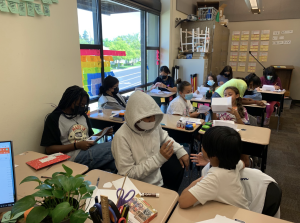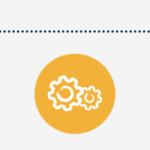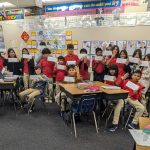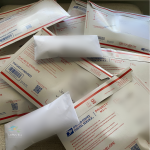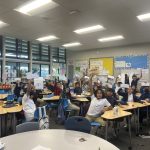“Toto, I’ve a feeling we’re not in Kansas anymore.”
(Note to teachers: you’re not crazy; things have definitely changed.)
Returning to normal in education is not happening. Normal is long gone. It has actually been in our rearview mirror for some time. Teachers were just able to conveniently ignore the fact that the ways students interact with learning has been irreversibly altered. The pandemic exposed it. It was probably an illusion anyway. Instead of longing for the illusory past, educators should consider establishing a new normal–one that centers around a universal idea from the past: students constructing their own authentic connections with people and ideas.
The need for students to connect with people and ideas and then to maintain and strengthen those connections have been foundational to education for a long time–and they are not going away anytime soon. So, even though students don’t respond to our teaching methods the same way they did pre-pandemic, the need for authentic connections is stronger than ever. It should be the primary goal.
This is where LPS can play a large part. LPS works because students are directly involved in making new connections to people and ideas. They are not simply told about pathways to STEM careers, they discover them by connecting directly with their STEM professional pen pals. They are not just told about how clear communication leads to stronger connections, they get to practice their communication skills with a real person. They are not just shown a generic example of quality writing, they get quality writing examples sent specifically to them.
(Note to STEM professionals: writing letters by hand helps students connect with you–even when the writing is in cursive!)
The LPS model is sound because it’s rooted in constructivism. Participation with LPS allows students to construct their own ideas and connections with STEM rather than simply absorb information about STEM. They also discover their own previously-constructed misconceptions, which may be the even stronger aspect of this type of experiential learning. It’s powerful learning. It takes time. And students love LPS.
(Note to self: develop more constructivist learning opportunities for students beyond LPS)
Written by LPS teacher Kevin Ohama, published July 27, 2022

